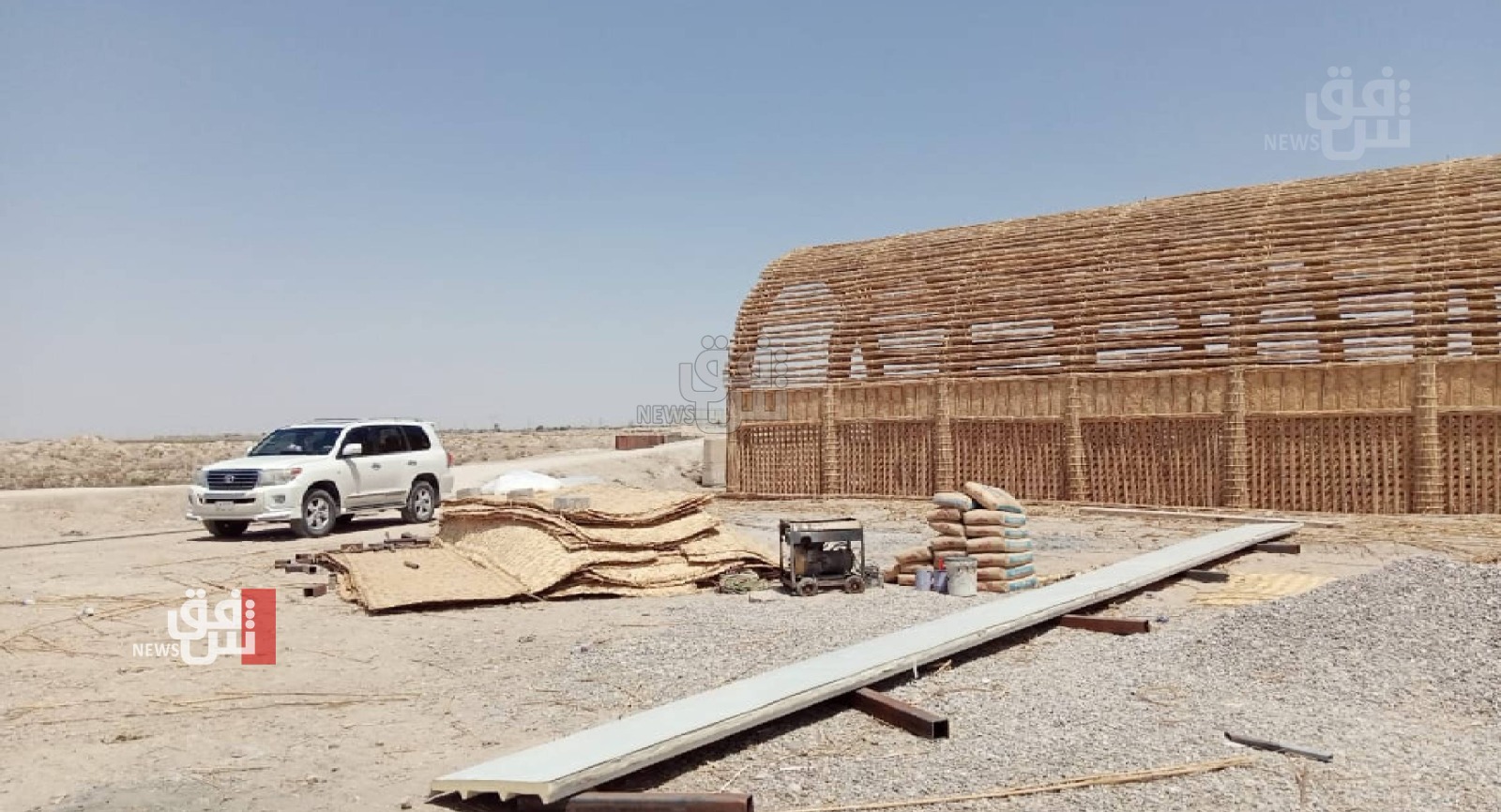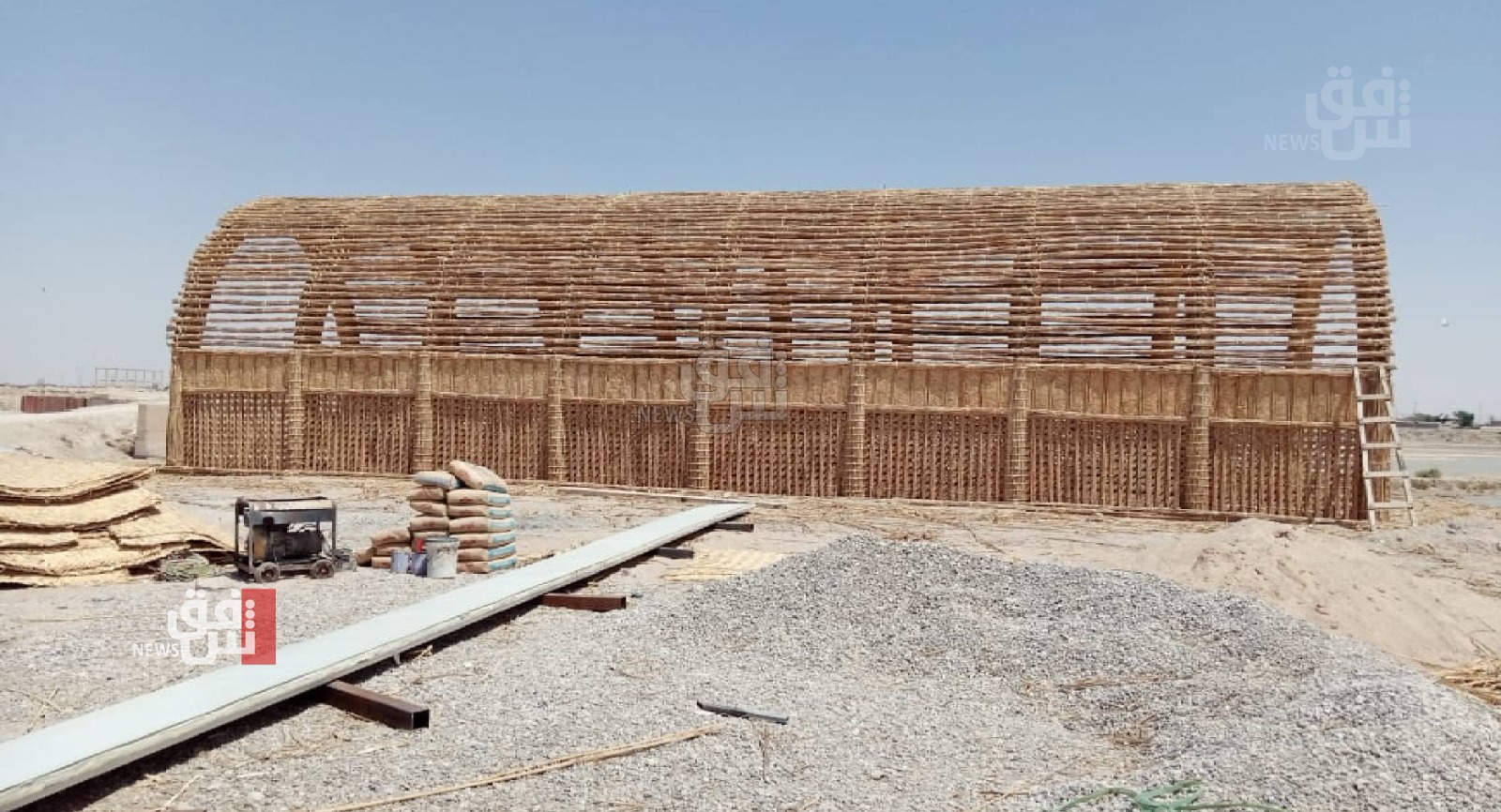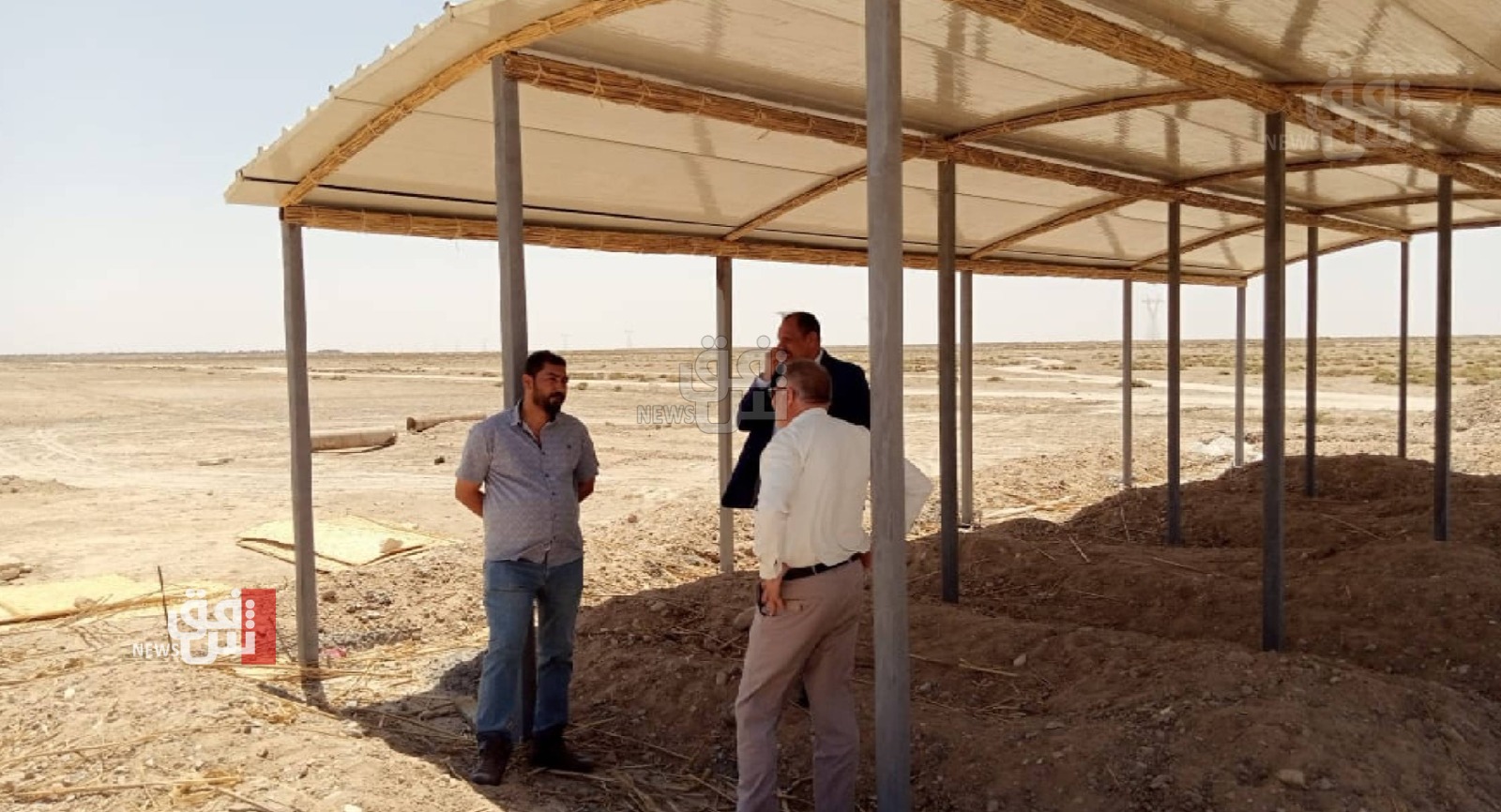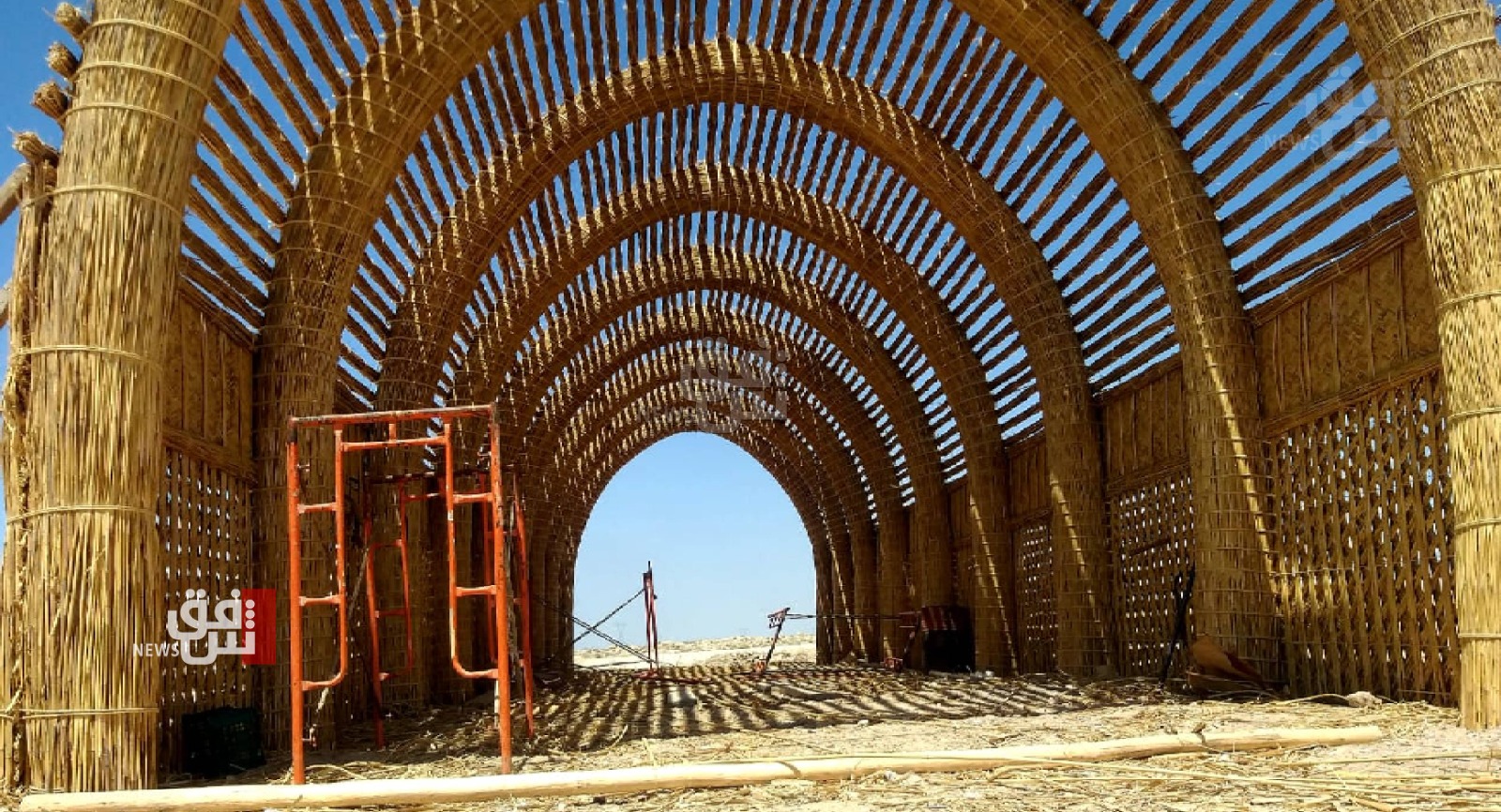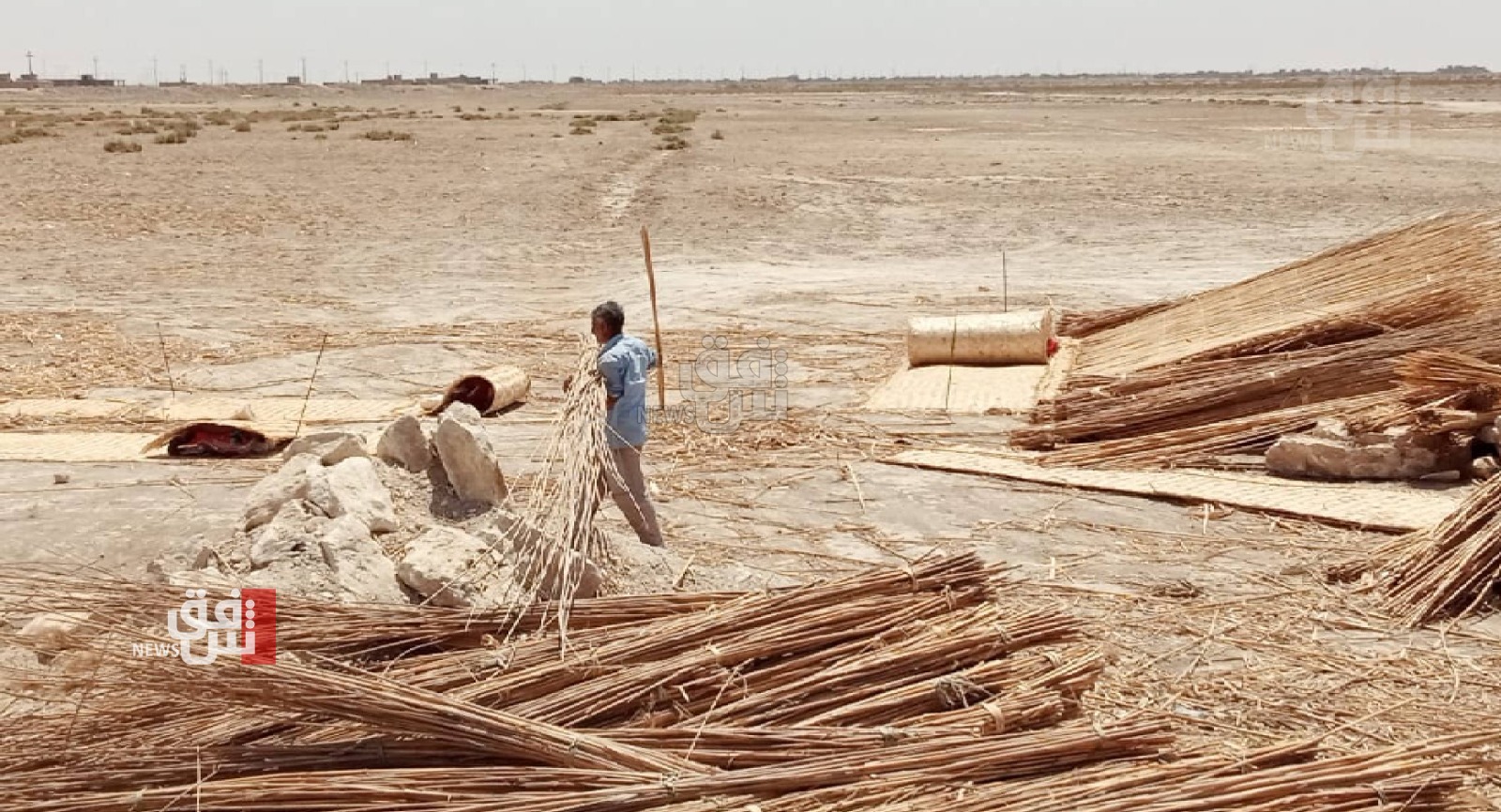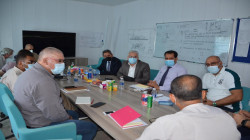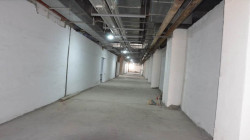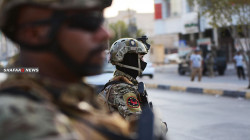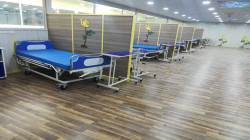A new tourism experience: "first human settlement" in the marshes of Basra
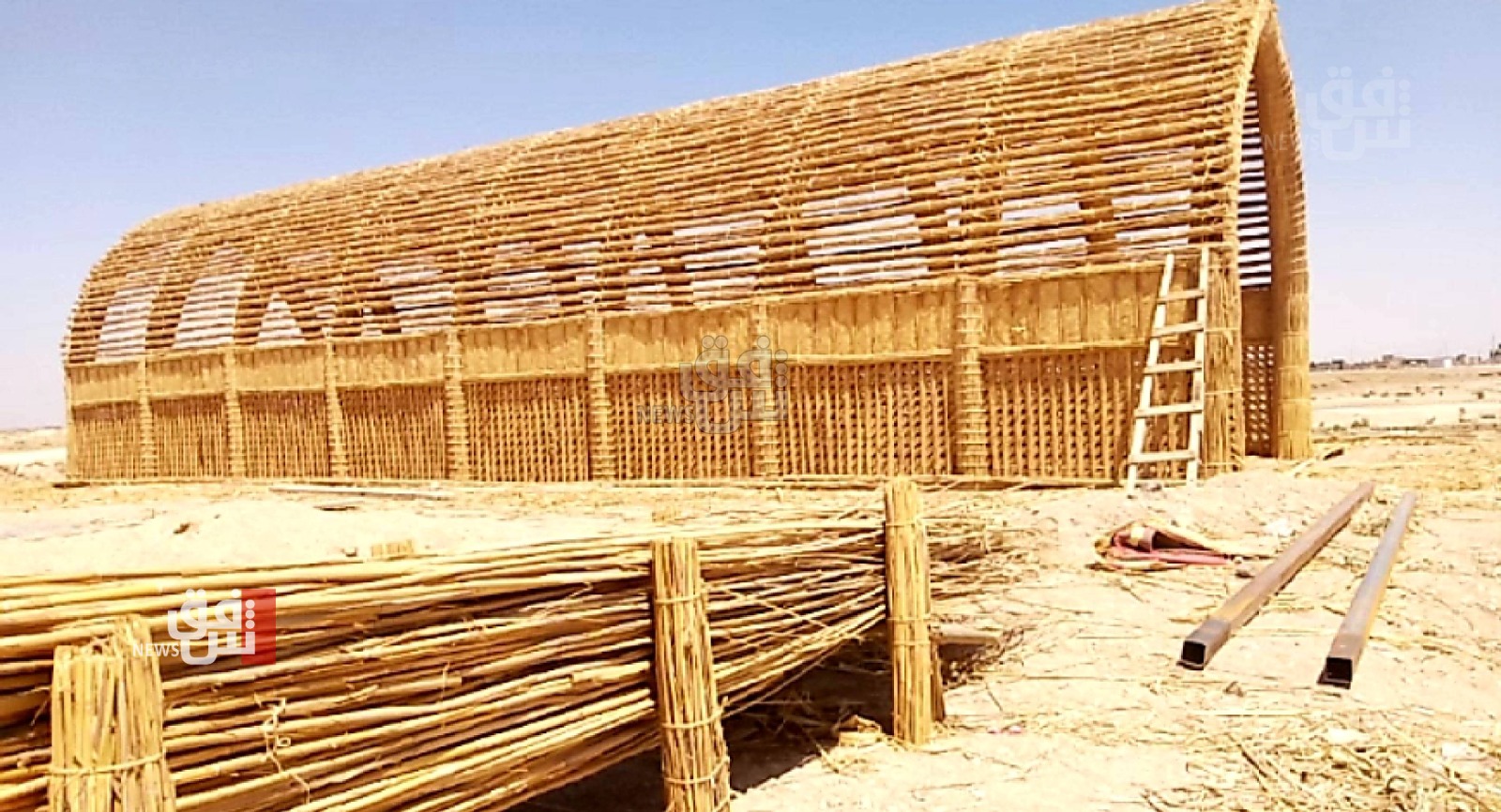
Shafaq News/ In a quest to entice tourism, Basra has been gearing up projects in the wetlands of the southern governorate that were once dried up by the former regime.
Decades after Saddam Hussein starved them of water, Iraq's southern marshes are blossoming once more thanks to a wave of ecotourists picnicking and paddling down their replenished river bends.
Fed by the Tigris and Euphrates rivers, the marshlands of Mesopotamia are spawning grounds for Gulf fisheries and home to bird species such as the sacred ibis. They also provide a resting spot for thousands of wildfowl migrating between Siberia and Africa.
Saddam Hussein, who accused the region's Marsh Arab inhabitants of treachery during the 1980-1988 war with Iran, dammed and drained the marshes in the 1990s to flush out rebels hiding in the reeds.
After his overthrow by the U.S.-led invasion in 2003, locals wrecked many of the dams to let water rush back in, and foreign environmental agencies helped breathe life back into the marshes.
The marshes, which covered 9,000 square kilometers (3,500 square miles) in the 1970s, had shrunk to just 760 sq km by 2002 before regaining some 40 percent of the original area by 2005. Iraq has said it aims to recover a total of 6,000 sq km.
In July 2016, the wetland in southeast Iraq, thought to be the biblical Garden of Eden, became a UNESCO world heritage site.
Drying is the reason..
"After the former regime dried up the marshes and turned them into deserted areas, we worked to establish a tourist resort in al-Shafi marshes using a unique folkloric design," Basra's deputy governor Moeen al-Hasan told Shafaq News Agency.
"The project has its own power supply. It also supply nearby areas with electricity. It contains a folkloric market," he said, "the project will create jobs for young people in other districts as well."
Promoting tourism..
"The marshes are a part of the heritage of al-Dair district. Marches like al-Hammar, al-Shafi, and al-Masani have been the center of many projects since the 70s and 80s of the past century. However, the lack of water has dealt a blow to the locals," said Adnan Hussein, al-Dair district's administrator.
"The United Nations has established a tavern on a delta of less than a dunum area straddling the Tigris and Euphrates. Later, a rest house, yard, and shops opened. The project created job opportunities and motivated the locals to promote the marchlands and its culture."
Environmental impacts..
The chairman of the Iraqi Association for Reviving and Developing the Wetlands, Jumah al-Darraji, shed light on a 16 kilometers oasis between the governorates of Maysan, Dhi Qar, and Basra.
"This area boasts a unique ecosystem, especially in winter," he said, "Migrating birds flee the snow of Europe and Russia and settle here. This area is suitable for them to breed and dwell for several months."
"International parties interested in these marshes should exert pressure on upstream countries to secure enough water to sustain them," he added.
